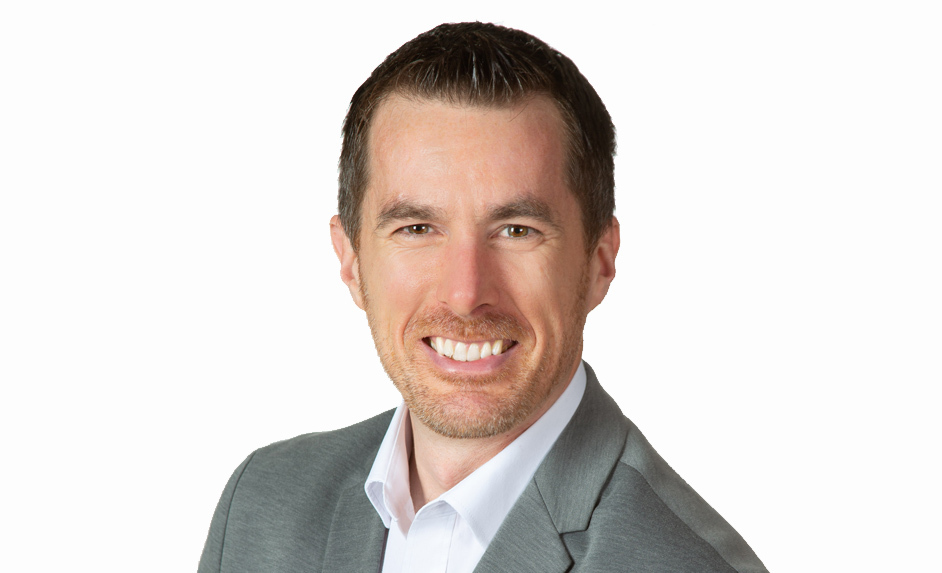3 Questions for Neil Davidson, General Manager GSK Austria

1. What are the biggest challenges in your industry right now? How well is your company prepared for them?
“We are not alone in facing common challenges. We are all facing increasing pressure in Austria where the established model is really starting to reach a crisis point: high GDP spending, a high number of doctors per capita, high expectations from the society – but at the same time a decreasing ability to pay for it.
Particularly in Austria there is a high focus on treatment and not prevention. For me it is surprising that vaccination funding generally stops at the age of 18 years – that differs Austria from other countries. Having a more integrated and holistic view on the benefits of vaccines can save money. As a company we play an essential part in stakeholder engagement to drive adult vaccines funding in Austria.
As GSK, we are bringing innovation to Austria – we have an innovative portfolio, there are currently 68 vaccines and medicines in development at GSK, many with a potential to be first- or best-in-class and we have 15,000 people working in R&D globally.
It is really important to us to help shape the value we bring in Austria. We are always considering the social, environmental and governance impacts in everything we do – by taking action in areas that matter most to us, e.g. diversity, equity and inclusion; environmental sustainability and ethical standards. We want to do it in the right way.”
2. What advice do you give to new employees when they start in a new position?
“I am very proud of the GSK culture. We have three pillars: be ambitious for patients, be accountable for impact and do the right thing. But also “be you” – we encourage everyone to be themselves.
One thing I am personally enjoying are the starter lunches. We just encourage people to jump in. We offer a culture and working environment in which our employees can thrive: e.g. individual development plan, mentoring, buddy system, extended parental leave policy to 18 weeks, extended time for care of family members, etc. If you support your employees, they want to work for the company. And we offer a very flexible working model to our employees.
Diversity, equity and gender equality are also very important to us – e.g., we have set up a diversity council beginning of this year, to make sure to listen to all our people, identify “blind spots” and drive changes.”
3. What were important turning points in your career? Would you make different decisions today?
“I’ve started this role in Austria with a very nice long heritage at GSK and 20 years of experience in the industry.
Filling this role gives me the chance to connect the dots, and my experience helped me to perform in this role. I am still a good jumper out of my comfort zone: In my career I’ve always looked for a next challenge – definitely not being fully ready for it, not fully knowing about a position, but also not afraid of it. The more you do that, the more you develop your own capability to do it. Exposing myself to different cultures, e.g. France, Belgium, South Africa, also helped.
Some of these roles have been really hard, a particular example: I once worked on a vaccines portfolio that the day I joined was announced out of stock for the next 3 years.
In situations like this I try to rebase myself – by looking for further opportunities to make it a success.
I have no regrets so far.
My leadership style has adapted a little, but I would say: Learn and take input from others, but don’t try to copy/paste someone else’s leadership style on your own. Be authentic, be yourself. The more you can be the authentic leader that’s inside you, the better: Find your own authentic leadership style.”
